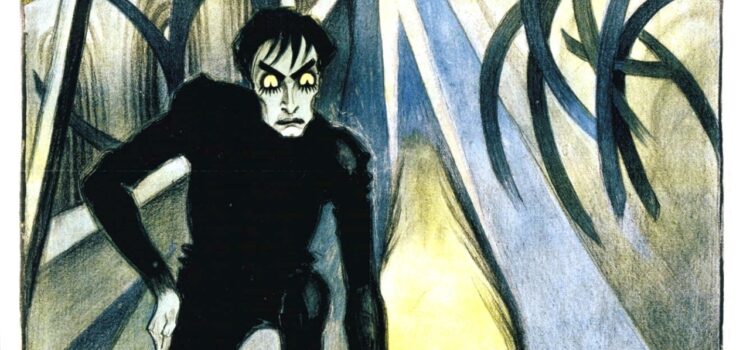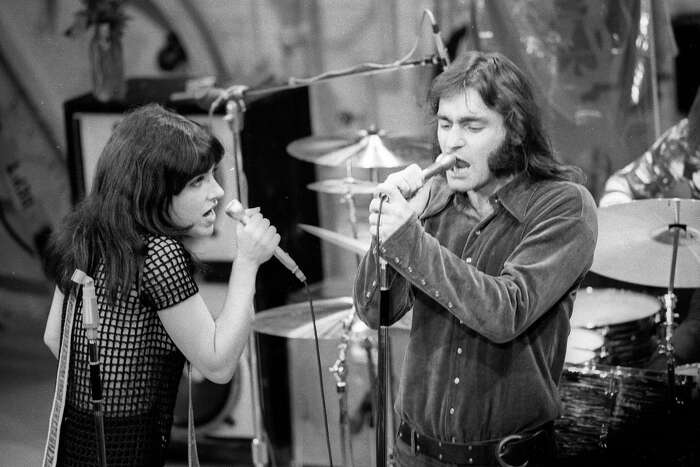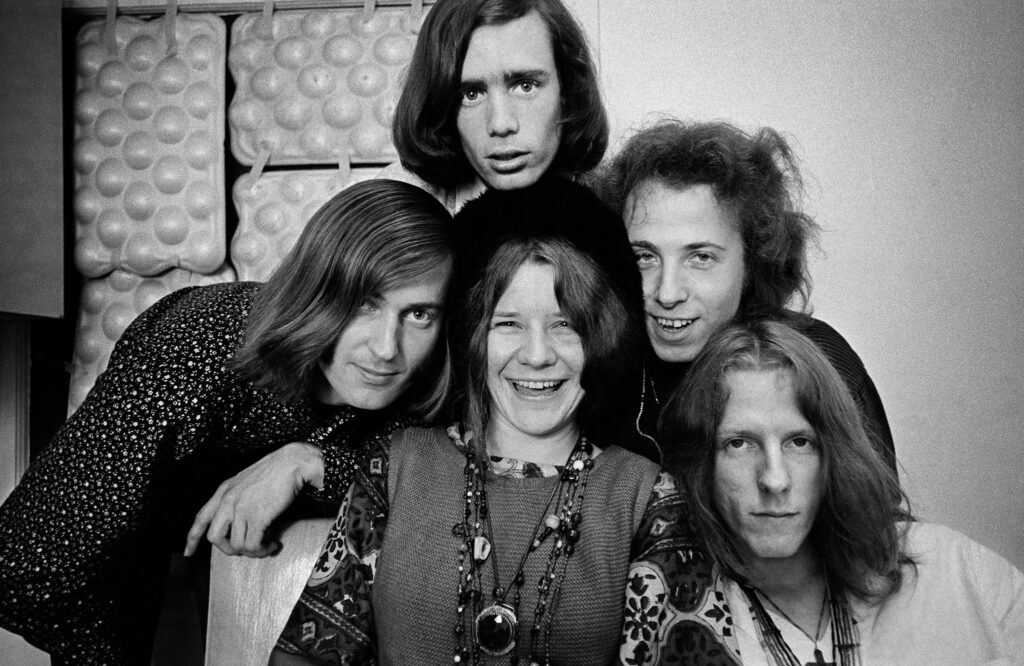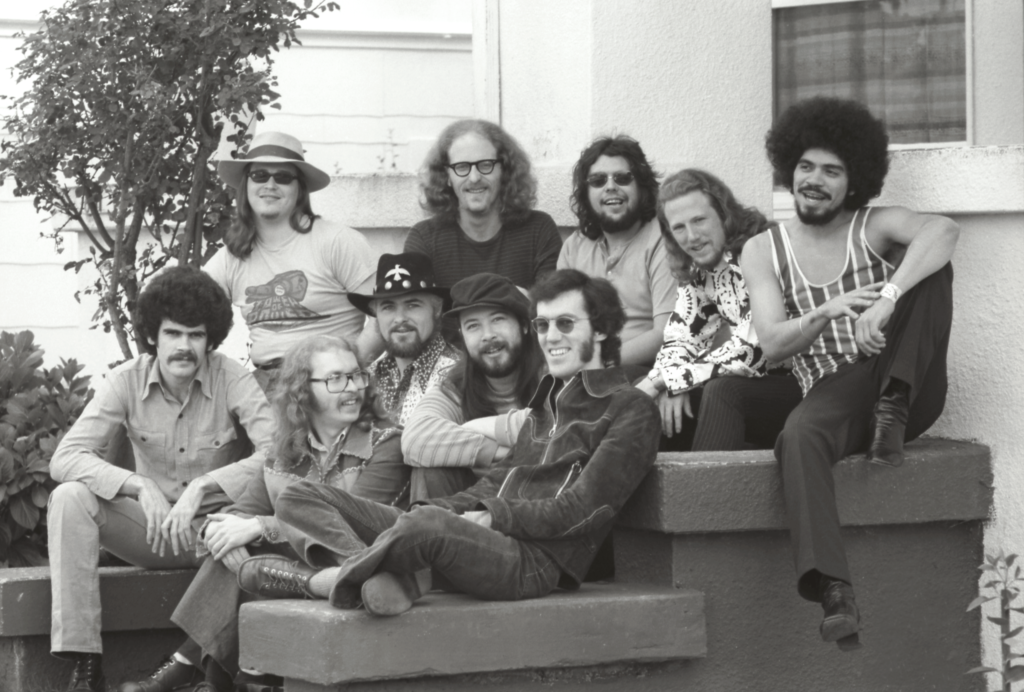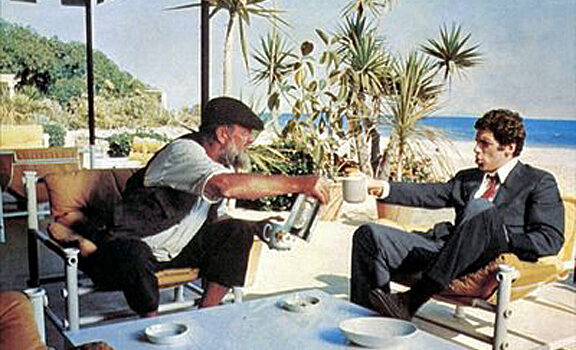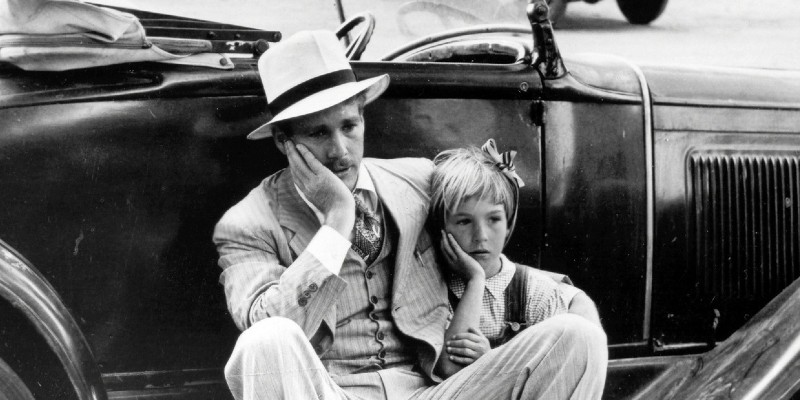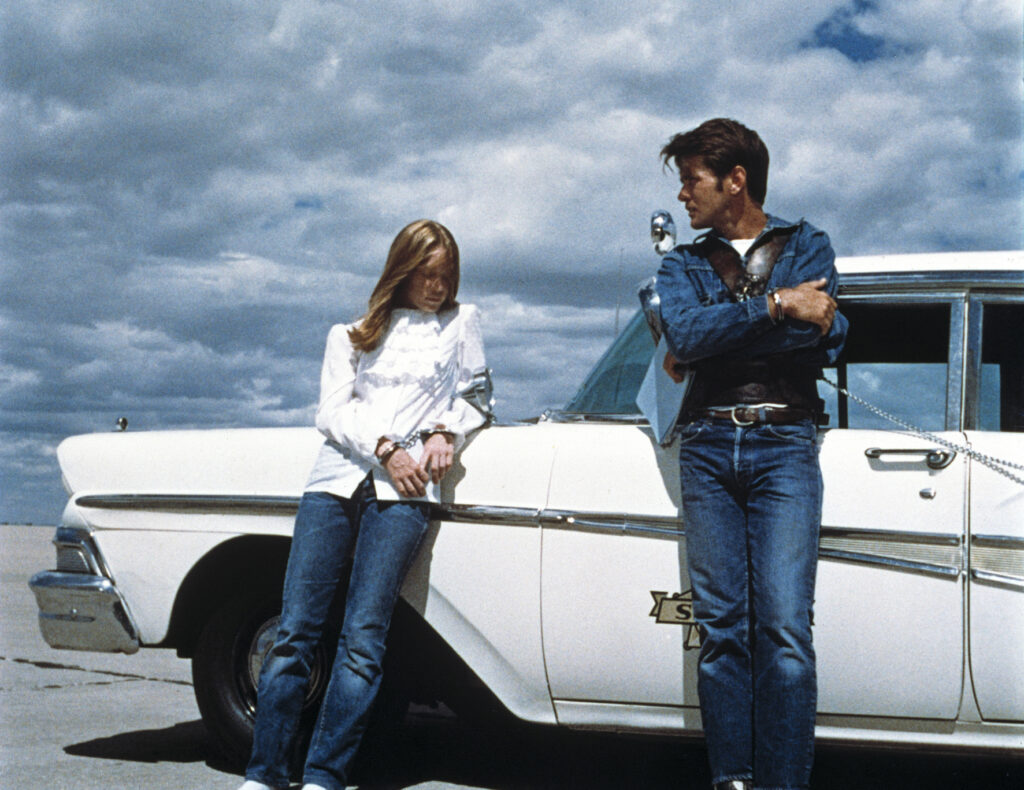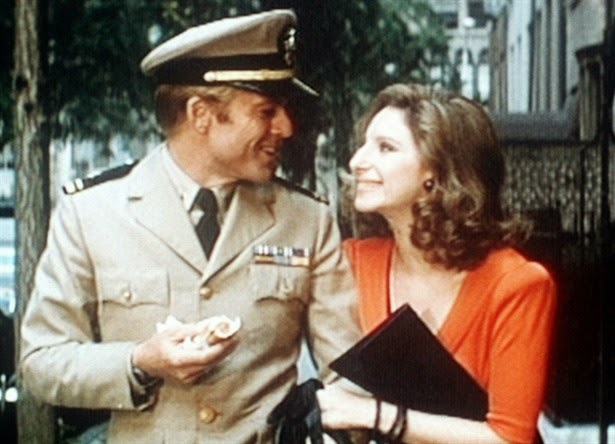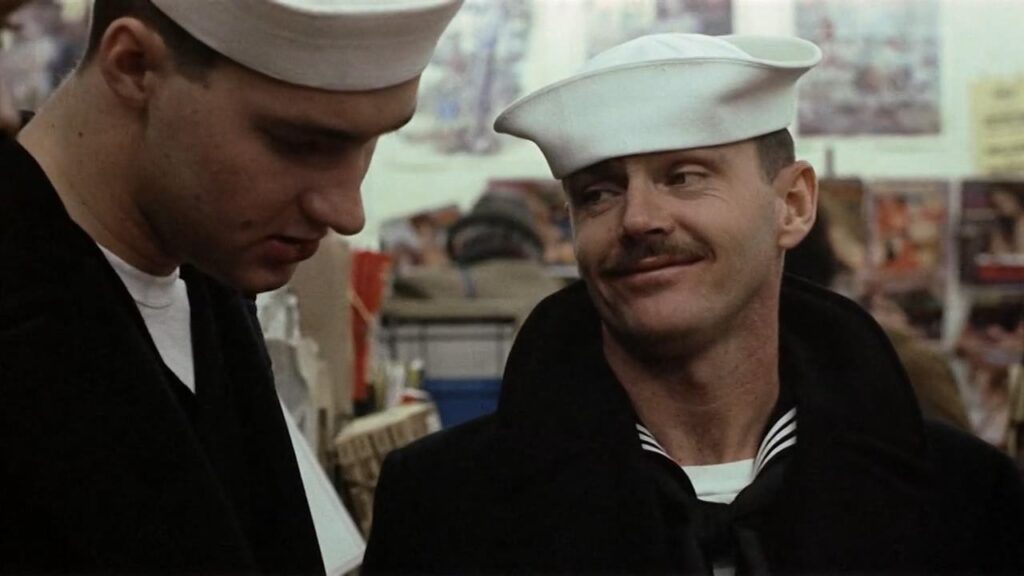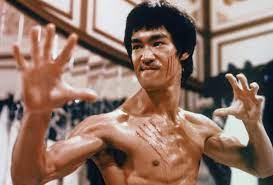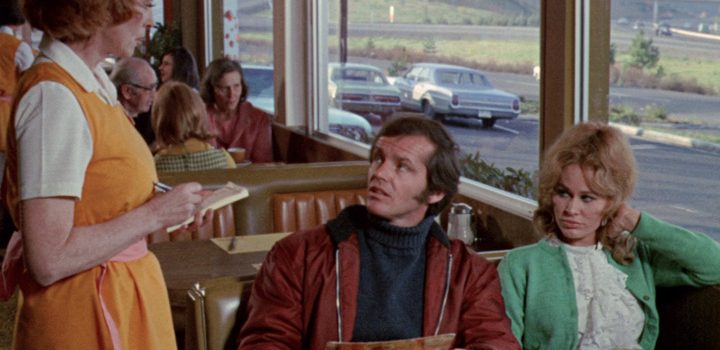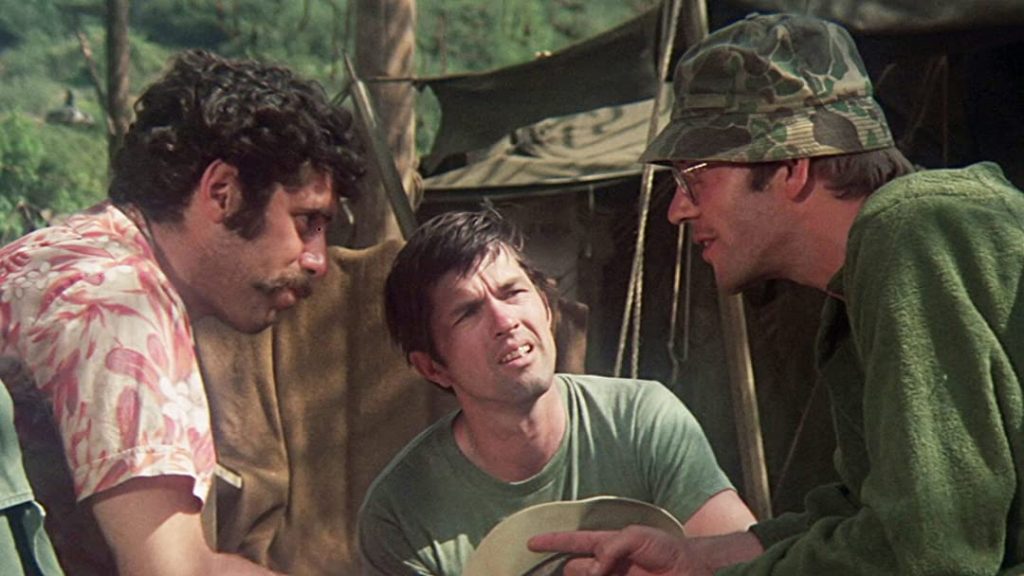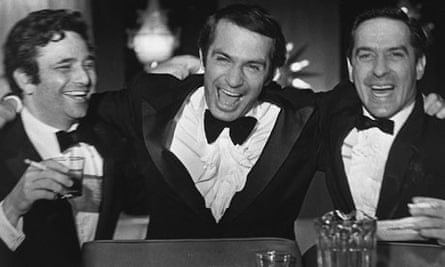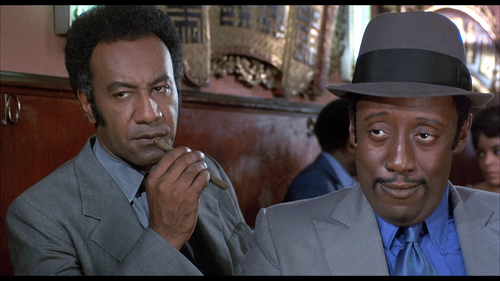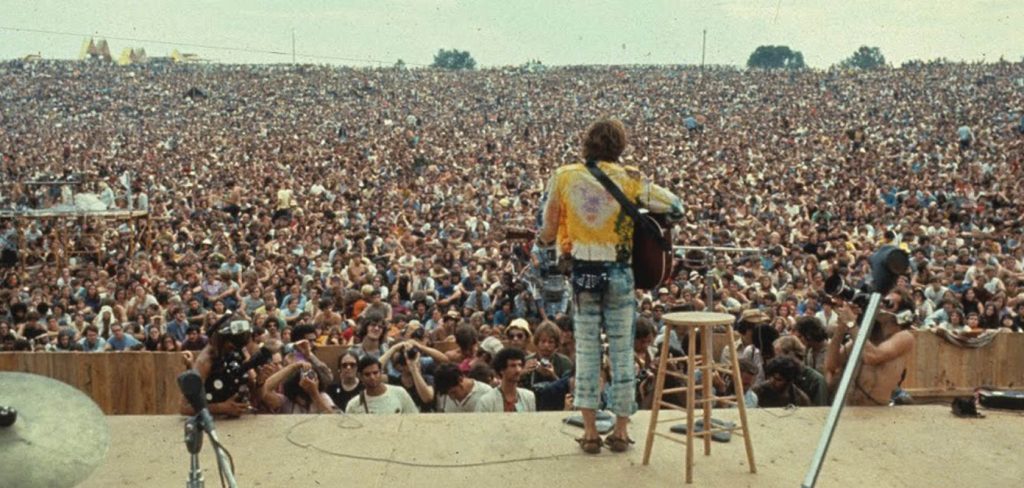By Lynn Venhaus
A special presentation of the digitally remastered 1920 silent German horror movie “The Cabinet of Dr. Caligari” will be scored by organized Gerry Marian this weekend at the Chase Park Plaza Cinemas.
The 74-minute film will be shown at 11 a.m. Saturday and Sunday, May 11 and 12 in the main auditorium. Tickets are $5.
Theatre Manager Robert Hunt said they hope to schedule similar type events. At Halloween, they will show Lon Chaney’s version of “The Phantom of the Opera.”
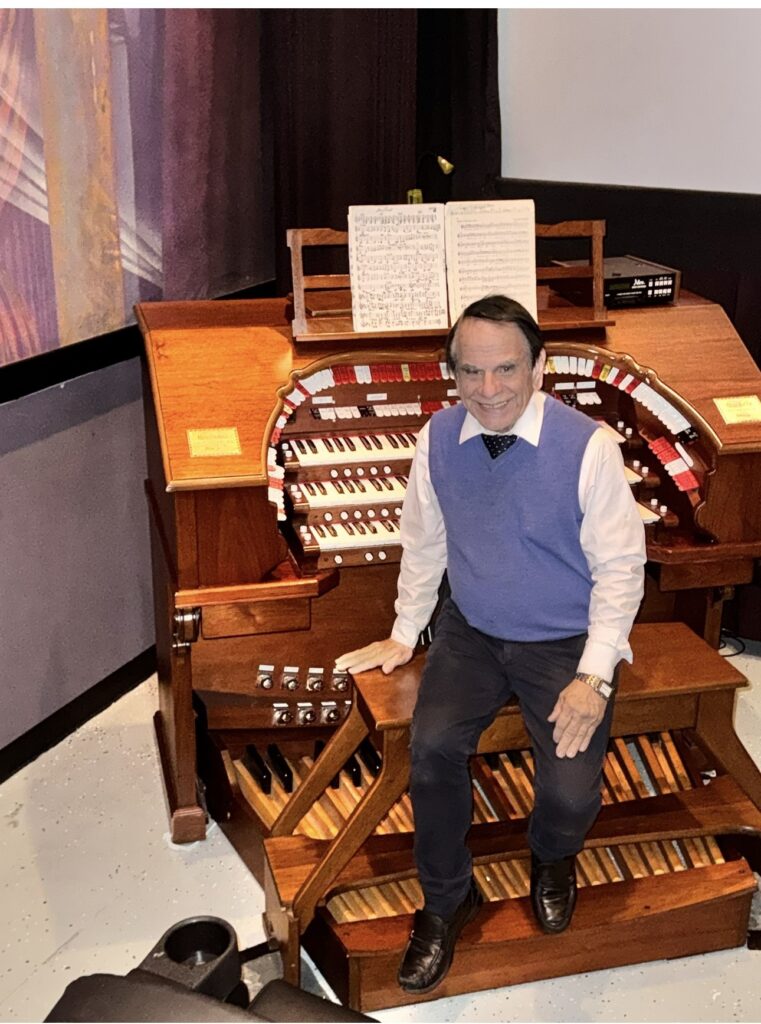
We’re trying to do two or three of these silent movie performances a year, with Gerry performing his own scores. He did ‘Mark of Zorro’ in February, and it was a great success. In the past, he’s done ‘Phantom of the Opera’ and ‘Nosferatu,’ he said.
Marian, who has been the staff organist at the Chase Cinemas for 25 years, entertains with live music in Theatre 3 usually Wednesday through Sunday before matinees.
“I love it. It’s part of my life. It makes people happy. They remember times in their past, good memories,” he said. “I think it adds something to the movies. We get good feedback.”
Marian was a protégé of legendary Stan Kann, who was the resident organist at the Fox Theatre in St. Louis for 22 years. Marian was his assistant for 10 years.
Marian, who grew up in St. Louis and graduated from Southwest High School, started playing the organ when he was 14. He said modern technology has improved the sound quality so that he is able to provide an audio experience evocative of grand movie palace organs.
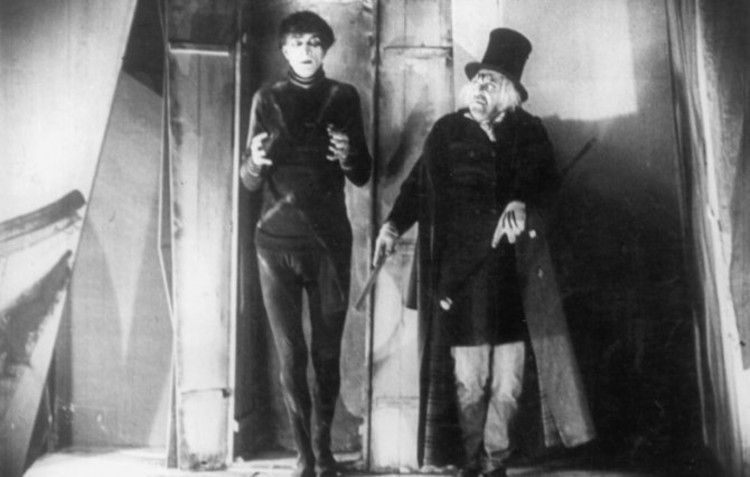
A movie buff, Marian looks forward to providing something different with a classic of early cinema.
Considered the first horror movie and an outstanding example of German Expressionist cinema, “The Cabinet of Dr. Caligari” is about an unhinged hypnotist (Werner Krauss) who uses a brainwashed sleepwalker (Conrad Veidt) to commit murders.
A young man and his fiancé recall a horrible experience with the mysterious doctor at the annual fair in Holstenwall. Francis and his friend Alan visit the exhibit, The Cabinet of Dr. Caligari, where the doctor wakes up Cesare, a somnambulist. Cesare tells Alan he will be dead before dawn. Sure enough, after his body is found, Francis starts investigating. He spies on both the doctor and Cesare.
Robert Weine directed the film, which features a dark, twisted visual style. The set design features sharp-pointed forms, curving lines, landscapes in unusual angles, shadows, and streaks of light.
For more information, visit https://www.stlouiscinemas.com/movie/The%5FCabinet%5Fof%5FDr%5FCaligari%5F1921
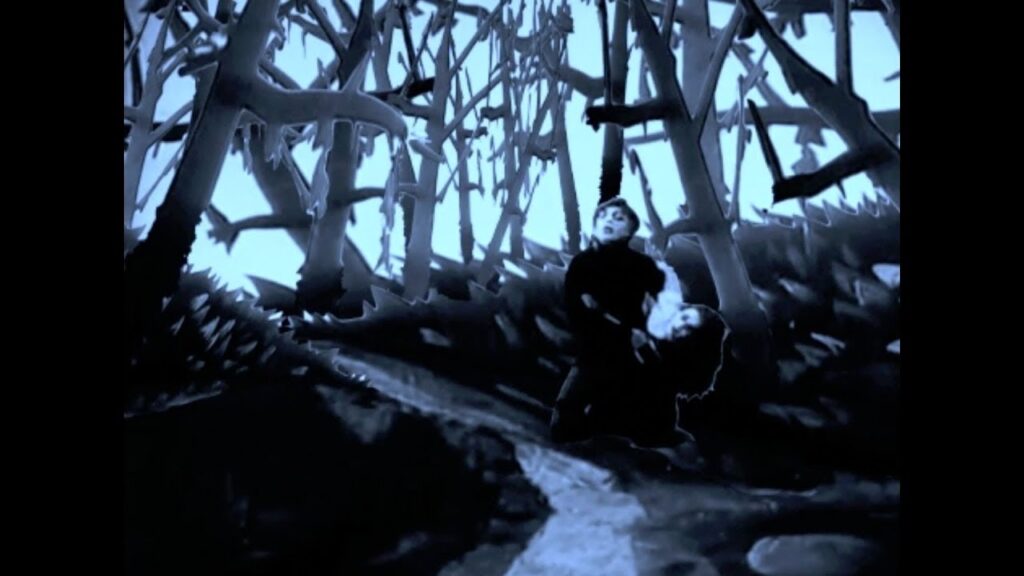
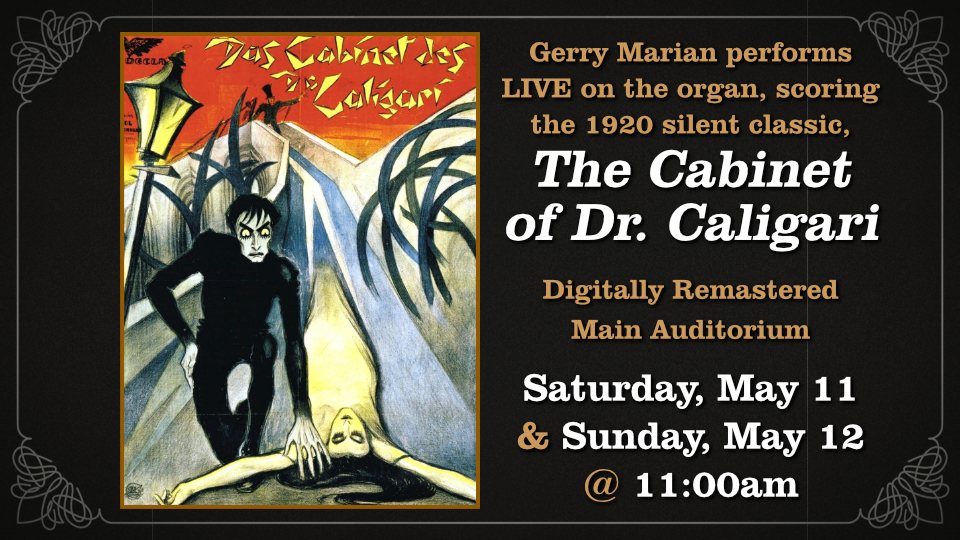

Lynn (Zipfel) Venhaus has had a continuous byline in St. Louis metro region publications since 1978. She writes features and news for Belleville News-Democrat and contributes to St. Louis magazine and other publications.
She is a Rotten Tomatoes-approved film critic, currently reviews films for Webster-Kirkwood Times and KTRS Radio, covers entertainment for PopLifeSTL.com and co-hosts podcast PopLifeSTL.com…Presents.
She is a member of Critics Choice Association, where she serves on the women’s and marketing committees; Alliance of Women Film Journalists; and on the board of the St. Louis Film Critics Association. She is a founding and board member of the St. Louis Theater Circle.
She is retired from teaching journalism/media as an adjunct college instructor.

